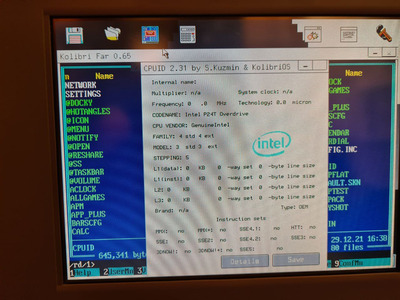Which OS's? Any of the unix ones have the main advantage that they are designed from the ground up as 32bit protected mode (of course that excludes some of the 16bit unix variants, such as Microsoft's own Xenix for the then-new 286), free of all the baggage of segmentation, memory management and all that other Dos/Win16/Win32 crud. Want to do scientific computing? Unix is where it is at (and where it always has been).
You can pretty much take something targeted at ANSI C and Posix, lift it, drop it on a modern Linux or BSD, recompile and it will more than likely run. Until you start targetting hardware and/or GUI libraries, the history and (relatively!) sane C library standardisation means that code can often be lifted from one platform and run with little to no modification on another; from Linux/x86 to Solaris/Sparc, for example.
All of them have more development tools than you can shake a stick at, as well as proper network interoperability with features like NFS and LDAP.
Of course if you want cross-compatibility with Dos or Windows 98, then you're not going to find it.
My collection database and technical wiki:
https://www.target-earth.net
